Review: I Love LA, “Block Her” | Season 1, Episode 1
Rachel Sennott’s send-up of LA transplant culture gets a decently satisfying pilot
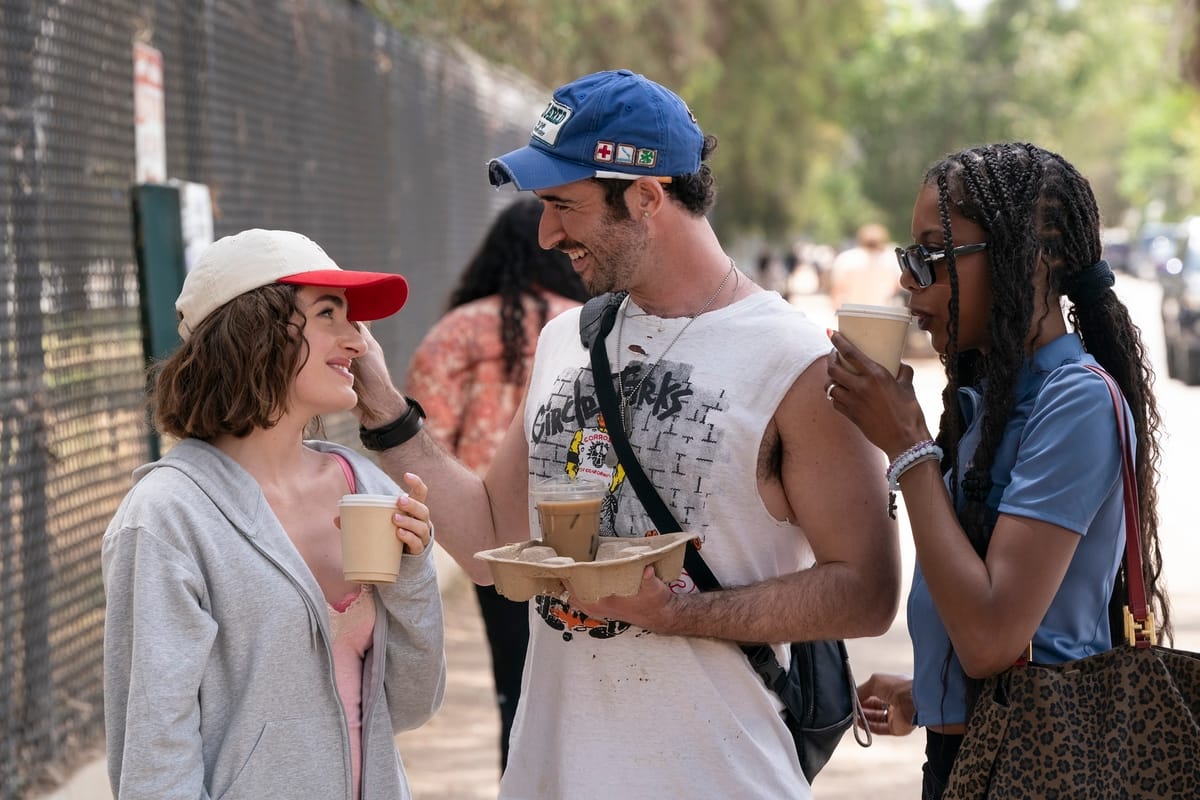
Welcome to Episodic Medium's coverage of HBO's new comedy series I Love LA. As always, this first review is free for all subscribers, but subsequent reviews will only be for paid subscribers. To learn more about our future coverage and what your subscription offers you, check out our About Page.
“Just because you’re friends with someone at 22 doesn’t mean you have to be friends with them the rest of your life.”
When HBO announced a new TV series by comic-turned-it girl Rachel Sennott back in March 2024, it didn’t have a title yet. For a good while, it was known simply as the Untitled Rachel Sennott Project until a couple of months ago when it was revealed to be I Love LA. Its eventual name is definitely better and more specific than the other option (Climbers), but it also feels more suitable to Sennott’s emulation of the zillennial LA transplant: a detached and playfully nihilistic sense of humor, a trendy yet tasteful wardrobe, and a brain-and-vocal-fried disposition masking deep-seated anxieties.
As someone who previously enjoyed Sennott’s stand-up and sardonic tweets but was lukewarm on Shiva Baby and deeply loathed Botttoms, I was skeptical about how well Sennott would be able to channel her extremely online, shtick-heavy comedy into cohesive, coherent serialized storytelling. However, as someone who’s lived in Los Angeles pretty much their whole life and has witnessed first-hand how the city has increasingly become a spiritually rotten epicenter of socially performative careerists, I was curious to see if Sennott could wring some fun, trenchant insights as a participant and observer of LA’s materialistic twentysomething milieu.
As it turns out, Sennott does have a point of view about the social-professional opportunism of the LA landscape, one that’s not as sharp or funny as it could be but isn’t completely shallow or toothless either. In its pilot, I Love LA feels true-to-life in depicting how the city’s aspirational and affluent environment fosters an unhealthy obsession with status and how the insecurity-driven desperation that manifests from that obsession often forces young people to rely on their network of friends to help them climb the social ladder. It’s an instinct that’s both seductive and destructive and makes for perfectly ripe comedic material.
All that said, I Love LA doesn’t quite have the emotional sophistication, lacerating wit, and well-developed characters of its semi-autobiographical, elder millennial antecedents Girls and Insecure, nor the caustic bite and heart of its Eastside LA satirical counterpart You’re the Worst. What it does have, at least based on “Block Her,” is an amusing, decently satisfying send-up of transplant culture, fueled by a promising story engine with clear stakes and lots of personality brought out by its cast.
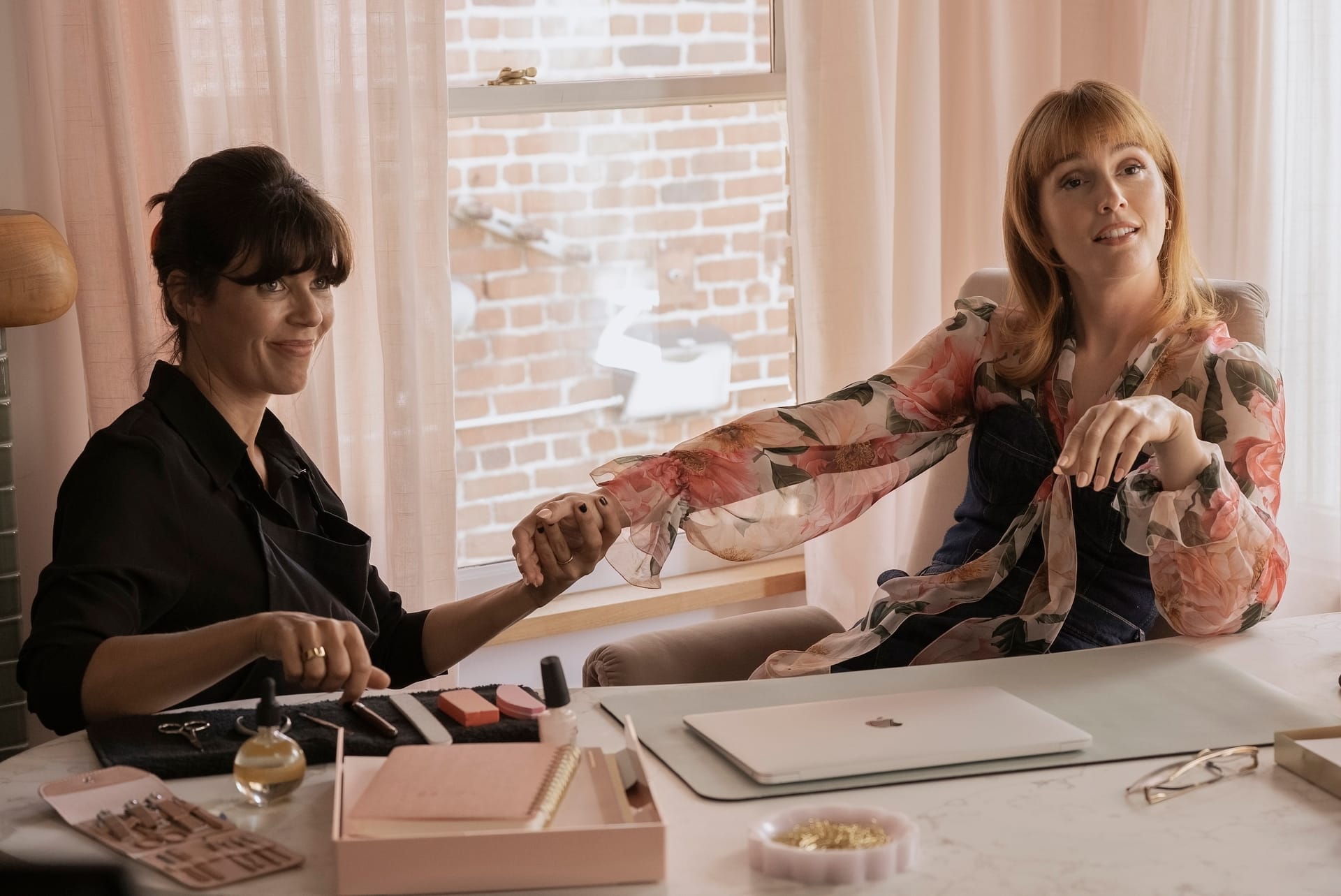
Like Lena Dunham and Issa Rae before her, Sennott does dual duty as creator and protagonist and slides into both parts with relative ease. She plays Maia, an aspiring talent manager who people-pleases as compulsively as she shit-talks. The pilot begins on the morning of her 27th birthday, where she has sex with her boyfriend Dylan during an earthquake. It’s a funny opener and a simple yet effective introduction to her character’s predilection for chaos, with her preferring to stay in the pleasure of the moment rather than heed the warning sign of potential catastrophe (“If we’re gonna die, I just want to come,” she moans).
Sennott’s past work playing impulsive characters has often ranged from cringe at best to insufferable at worst. Here, though, Maia reads a little bit more polished, accessible, and authentic, even though the absurdist bells and heightened whistles that defined Sennott’s previous roles certainly added a little more color. Her motivation to block Tallulah on Instagram also feels grounded, as is her willingness to exploit her pre-emptively dissolved friendship with Tallulah when her girlboss-boss Alyssa denies her request for a promotion. Sennott’s mostly deadpan performance doesn’t exactly sell Maia’s anguish during this moment of decision, so much so that it took me a second to realize that’s what was happening, but the bind Maia puts herself in is an interesting enough conflict to kick off the plot. Her choice also gets a karmically humorous consequence later that night when she sees—surprise!—Tallulah at her apartment, having already made herself at home by showering and messily unpacking her suitcase.
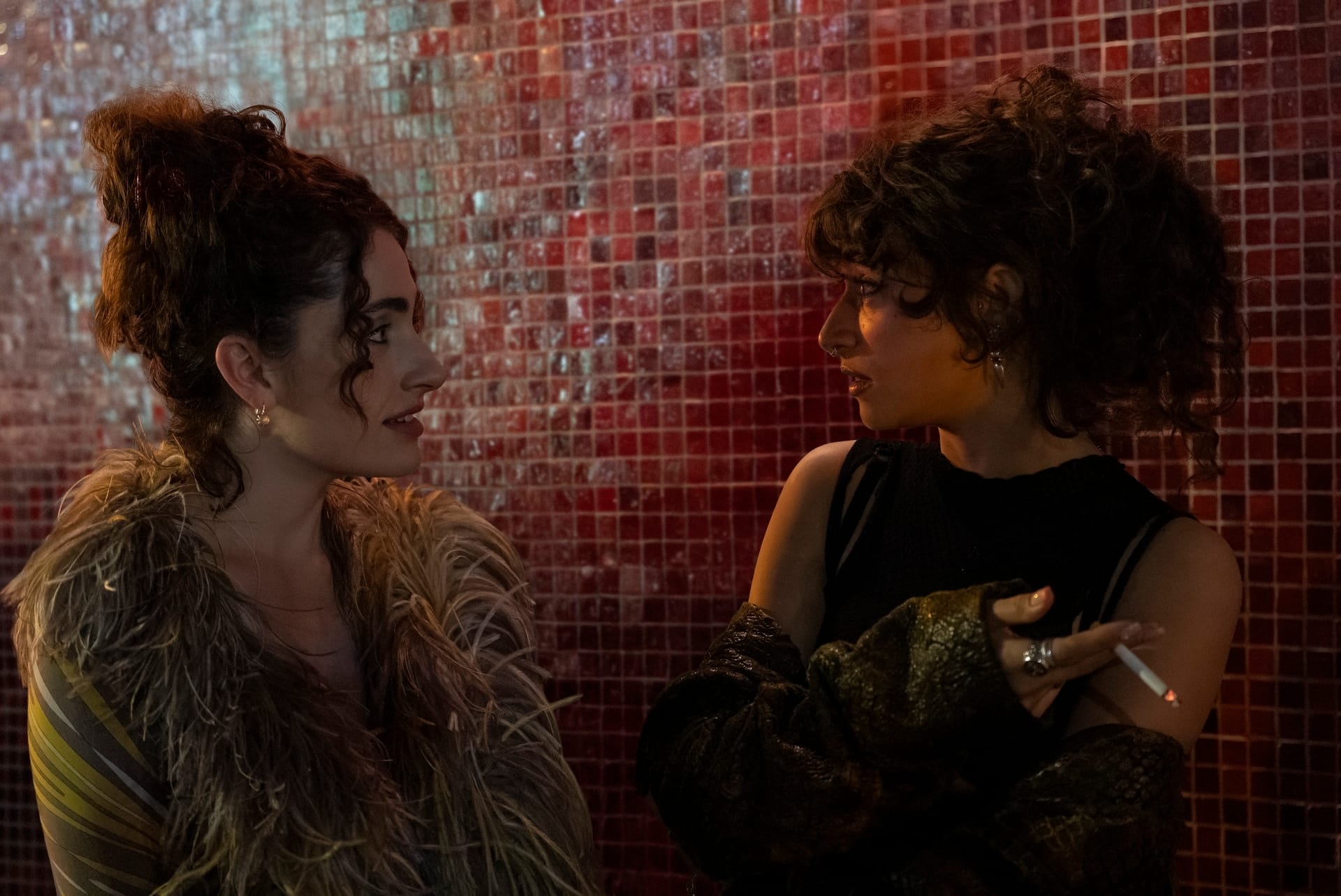
On paper, Tallulah’s unbridled, extroverted zaniness could have easily made her yet another insufferable LA archetype —and it’s still possible that could happen in the next few episodes—but thankfully Odessa A’zion brings a lived-in verve to Tallulah that the other supporting members in Maia’s ensemble of friends struggle to produce. Jordan Firstman, for instance, essentially plays Charlie in the same solipsistic, vibes-enamored millennial gay guy register as his roles in Rotting in the Sun, English Teacher, and Search Party, while True Whitaker gets disappointingly little to work with as Alani, whose most memorable trait is that she’s the daughter of an Oscar winner (which Whitaker technically is). Poking fun at these kinds of ditzy LA personalities could certainly work in a satirical context, but the jokes and references thus far seem a bit broad and perfunctory, and the show’s focus on laughs over depth might make it even more difficult to invest in and care about these characters in the narrative long run.
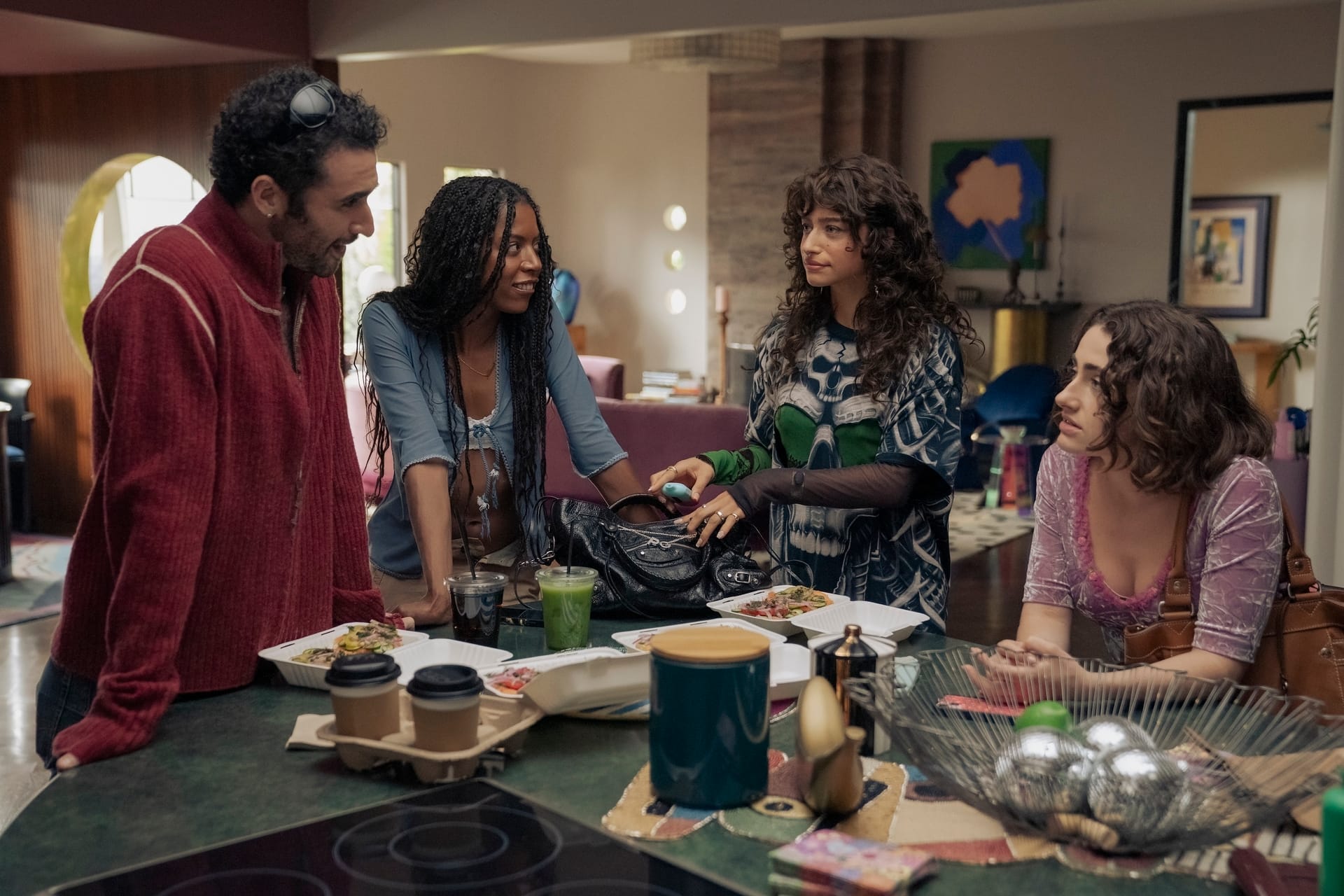
But for now, the ego/id-like tension between Maia and Tallulah seems to be the priority, and the pilot offers enough crucial information to illuminate the crux of their co-dependence. Despite her obvious immaturity and constant meddling in Maia’s plans, Tallulah has the access and clout Maia needs to be successful, as well as an infectious joie de vivre that Maia can’t help but gravitate towards. That reliance spells trouble, especially to Dylan, who mentions to Maia that Tallulah’s self-involved nature just reflects her own insecurity and that Maia’s quiet confidence will actually be what will help her thrive. His observation sets up some potentially compelling drama between him and Maia, even if it’s a bit bluntly foreshadowed in their blocking, with the couple diverging into separate parts of the staircase as they walk up to her birthday dinner party.
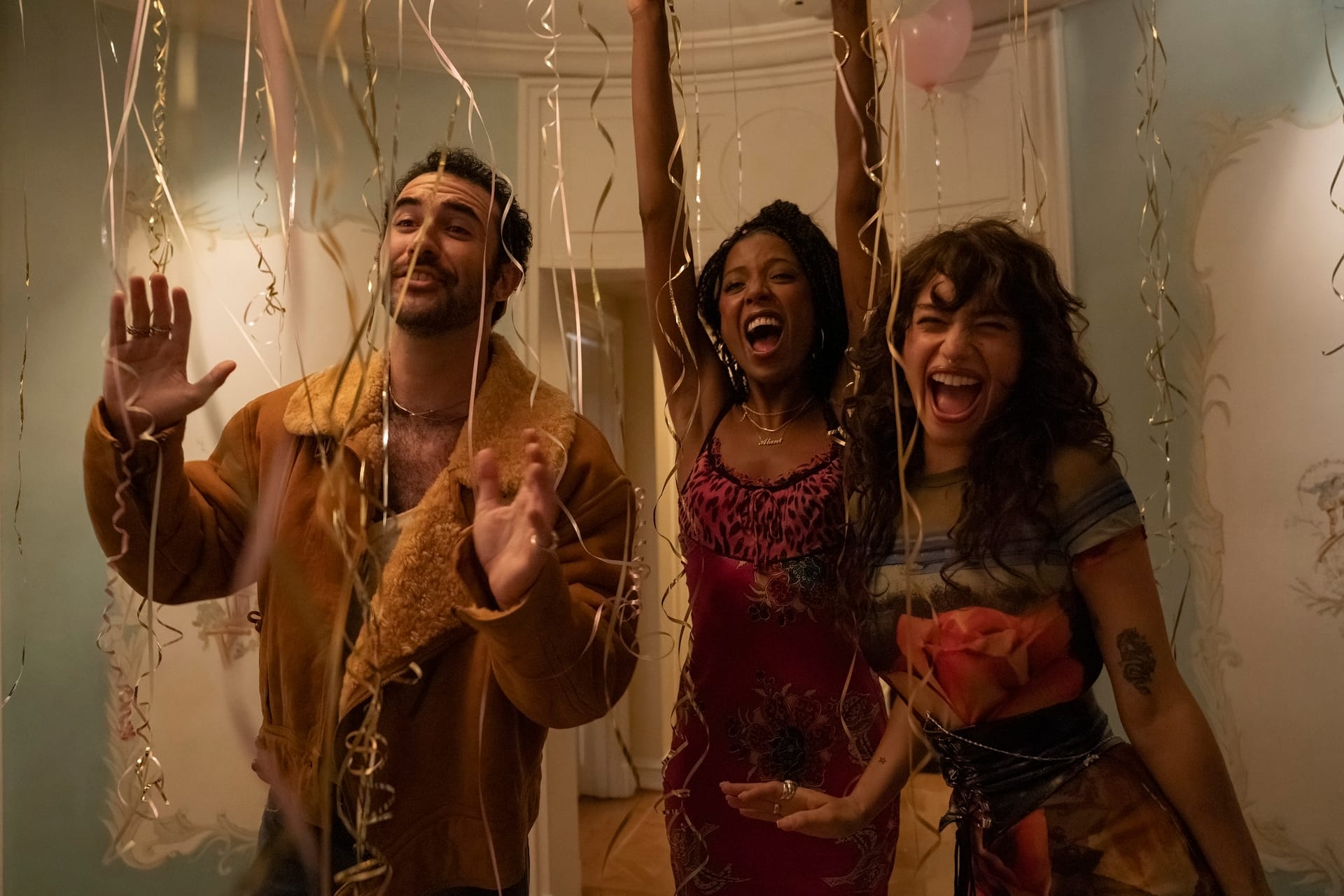
Similarly a touch contrived is Tallulah inviting Alyssa to Maia’s party without asking her, a move that disorients Maia, but made me wonder why her boss would be there in the first place. A generous reading would suggest that maybe Alyssa’s also just as opportunistic as Maia in stopping by to connect with a potentially hot new client like Tallulah, but Meester isn’t given much to do in those scenes, so hard to say. Either way, Alyssa’s presence and Tallulah’s interference with Maia’s dinner plans instigate an inevitable climactic confrontation between Maia and Tallulah, who hash things out in the bathroom at the party venue. Tallulah’s reveal that she’s not doing great gives a little more clarity to her whole messy deal. A’zion sells the emotion of the moment as much as the subtle manipulation in her gesture to have Maia manage her, which Maia of course gladly accepts. Director Lorene Scafaria effectively leans into the slightly ominous undertones of their reconciliation through intimate close-ups between the two and continues to track their shifting power dynamic when they take photos of each other with a male stripper hired for the party. That final beat, in particular, is unsettling, but also a strong and apt way to end the first episode of a show that examines the uncomfortable intersection between work and friendship.
Though “Block Her” neatly and clearly establishes the world of Sennott’s series, it feels like the show itself is halfway there on a comedic and character level. To be fair, it still has time to find its footing and refine its shortcomings, but it’s also hard not to compare Sennott’s personal spin on the late coming-of-age story with Dunham’s and Rae’s, whose shows were immediately self-assured and razor-sharp from the get-go. In that sense, I Love LA kind of perfectly encapsulates the culture of the city it depicts: a lightly entertaining spectacle, posturing an edge of cool that seems to be hiding some more intriguing stuff underneath its shiny surface.
Stray observations
- “She rode the subway in a bikini during COVID?”
- “Maia, she’s you when you’re addicted to poppers.”
- The opening sex scene might seem like too on-the-nose a joke for a show set in LA, but this actually happened to a former roommate of mine in 2020, so props for accuracy.
- Maia and Tallulah go to the Tenants of the Trees for Maia’s birthday, a bar that’s a notorious roofie hotspot in Silver Lake. Maia says they fixed that problem, though the bar seems to be plagued with other issues, according to its many negative Yelp reviews and allegations of racism. She was right, however, about how nobody really dances in LA.
- Another very niche LA joke: Charlie’s frustration about no one eating the bagels he got from Courage Bagels. For those in the know, Courage Bagels has an infamously long wait, but it’s very much worth it.
- Maia’s last name is Simsbury, which, interestingly enough, is the name of the Connecticut town Sennott grew up in.
- Fellow funny Twitter it girl Helena Riley aka @bugsizechihuahua plays the hostess at the restaurant for Maia’s birthday! Feel like we’ll be getting a lot more Internet microcelebrity cameos this season.
- In keeping with the Girls influence, A’zion—like Whitaker—is also a nepo baby; she’s the daughter of actress Pamela Adlon. Anyone familiar with Adlon will immediately recognize the parallels of their raspy voices.
- Despite being an earnest contemporary homage to the Randy Newman song and music video, the “I Love LA” montage felt tacked on. It’s also a missed opportunity to explore Alani and Tallulah’s friendship and maybe illuminate why Alani flew Tallulah out to LA for Maia’s birthday. Of course, there’s only so much narrative real estate a pilot can cover, so hopefully, we’ll learn more about that in future episodes.
- Use a song other than “Los Ageless” by St. Vincent in a show about Los Angeles challenge FAILED.
- I Love LA has a similar vibe to FX’s Adults, another late coming-of-age comedy spotlighting the zillennial experience that also wears its sitcom influences on its sleeve but doesn’t quite emulate them as successfully and could be a lot funnier/deeper. That show got a second season this week—anyone else see the similarities?
- Love seeing my queen Leighton Meester back on TV. For a character who could’ve also easily been just another caricature, Meester makes Alyssa so watchable, nailing the icy, affected girlboss speech and Stanley Cup-slurping down.
- Also love seeing my king Josh Hutcherson doing small-screen work, although a part of me will always wonder what the show would’ve looked like if it kept the original Dylan, Blockers actor (and nepo baby!) Miles Robbins. Robbins has had more opportunities to play funnier characters, while Hutcherson has a reputation for inhabiting more sensitive roles, and perhaps that’s more fitting as a foil to Maia. How do everyone else’s feelings about Hutcherson shape their experience with his character?
- Hey everyone! I’m Sam, I’m going to be reviewing the rest of the first season of I Love LA! I’m excited to keep following along with the show and look forward to reading what you all think of the show too.
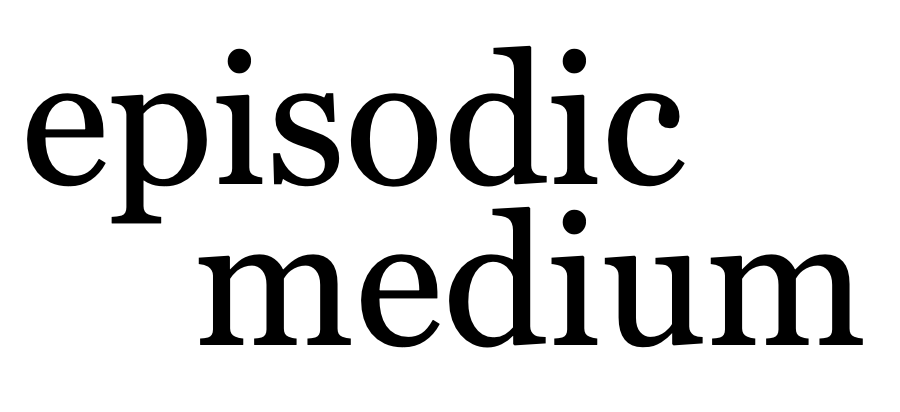
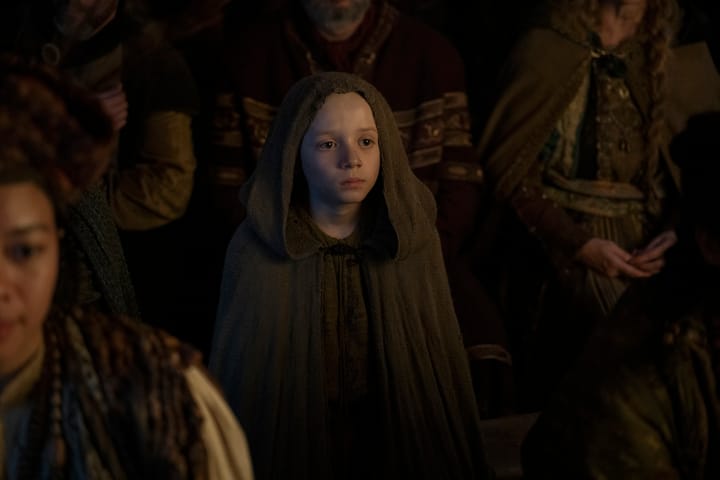
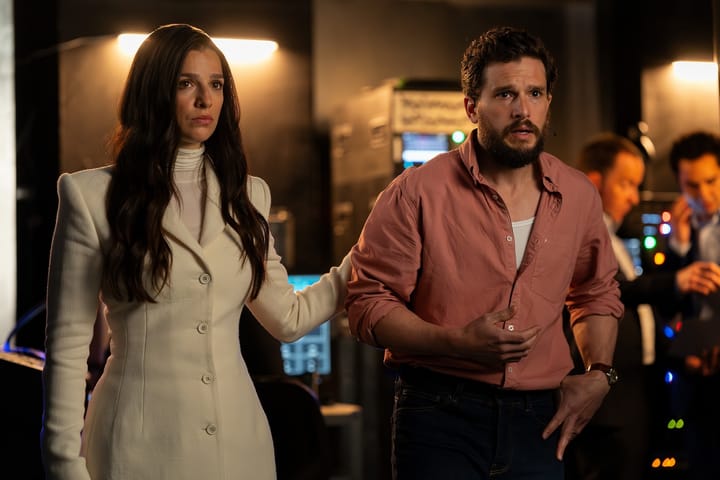
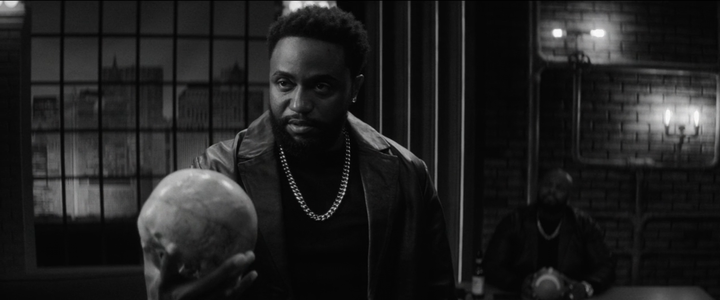
Comments ()